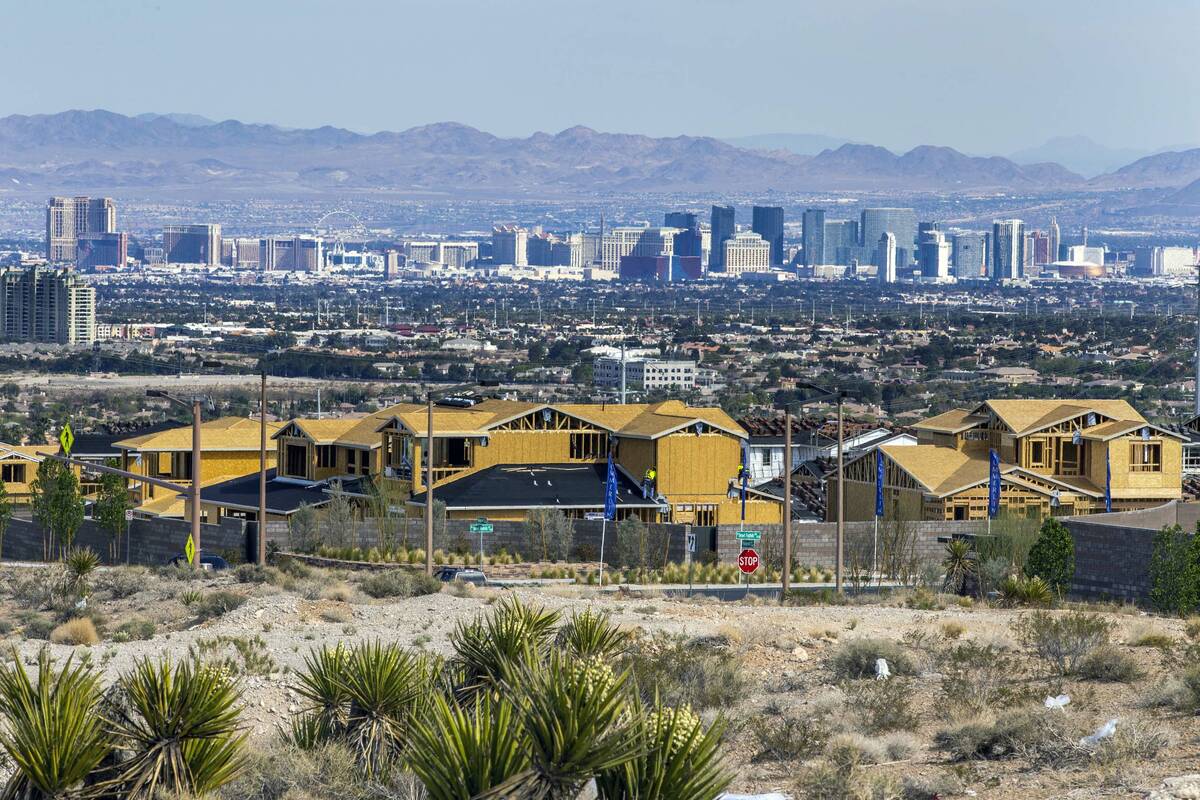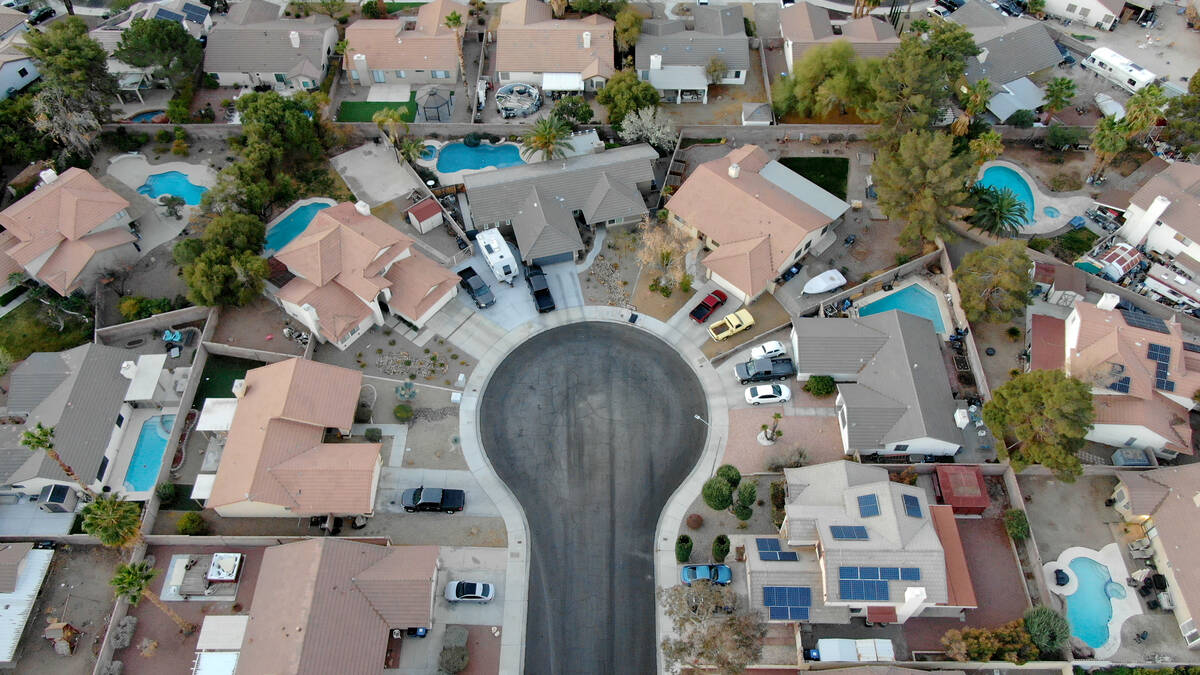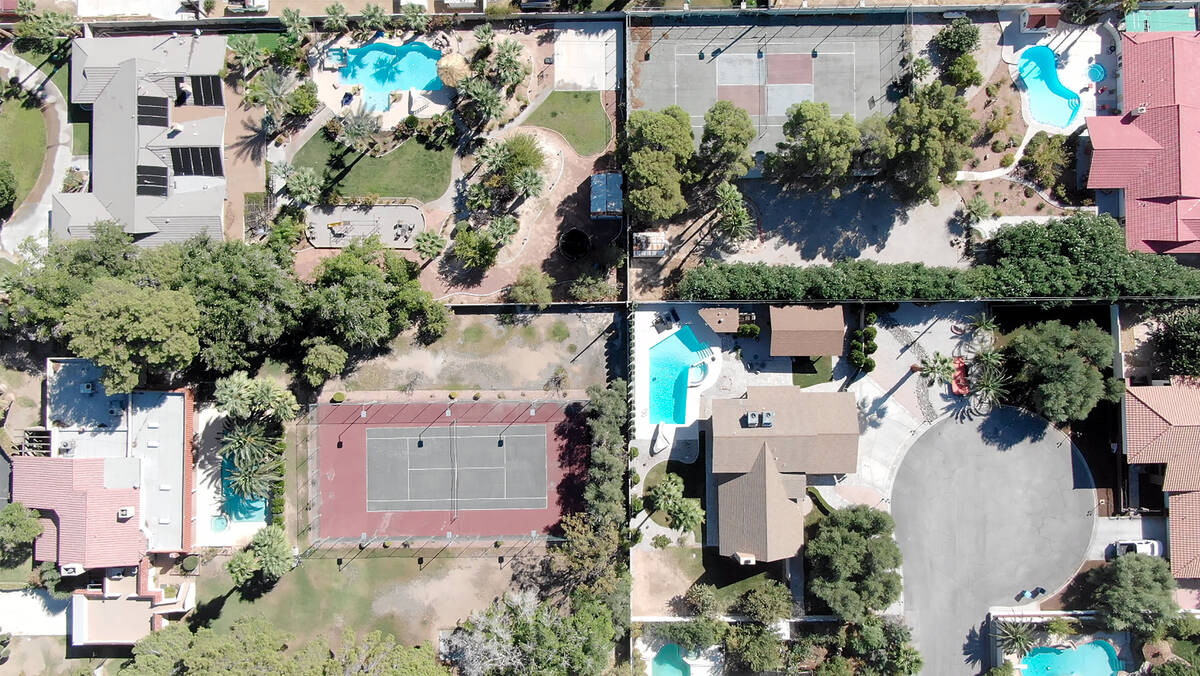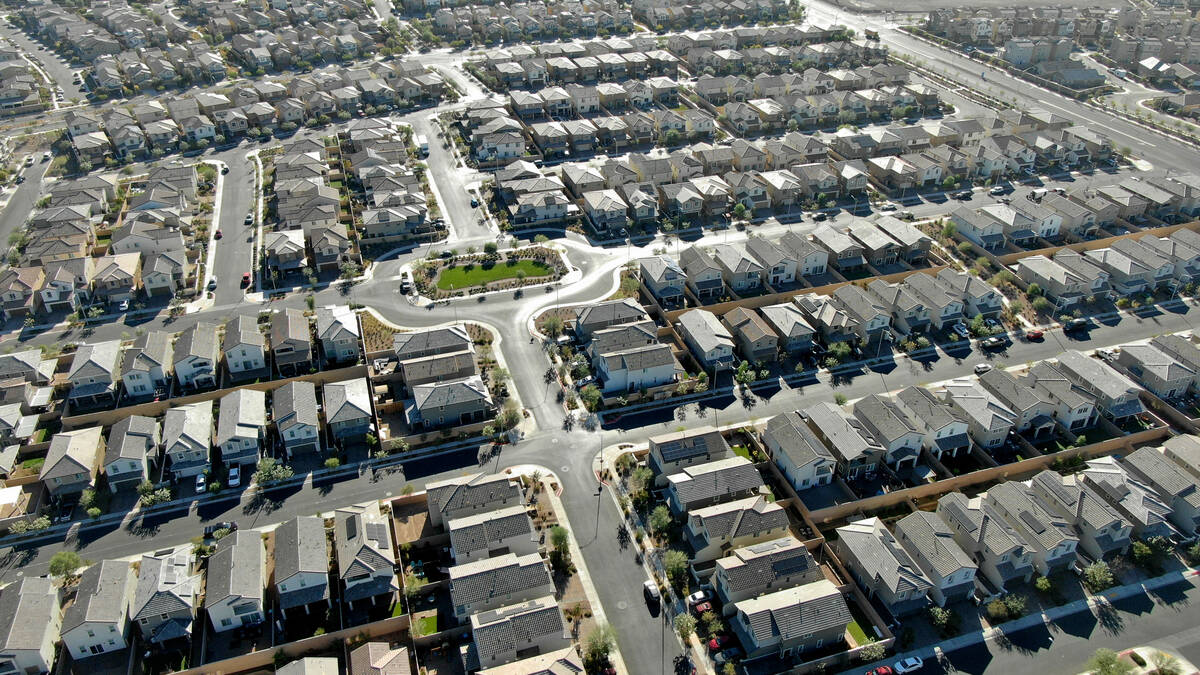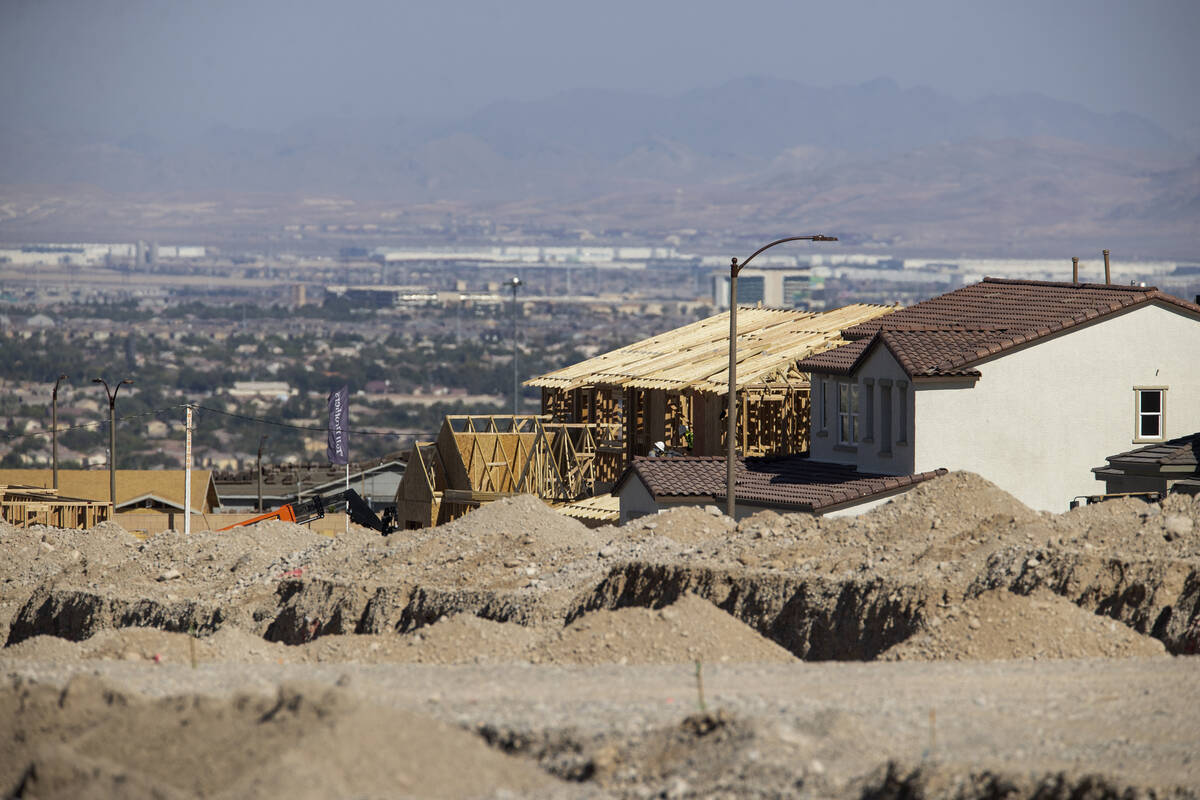After frenzied housing year, market still heated in Las Vegas, US in ’22
Las Vegas had its most frenzied housing market in years in 2021, with buyers snapping up properties and paying fast-rising prices as rock-bottom mortgage rates let people stretch their budgets.
Borrowing costs have climbed lately, but the market remains heated this year.
Sales prices are still accelerating to new all-time highs, houses are still trading rapidly, and sellers are still landing multiple offers.
The median sales price of previously owned single-family homes — the bulk of the market — was a record $460,000 in March, up 26.7 percent, or $97,000, from March 2021, trade association Las Vegas Realtors reported.
“We keep expecting prices to slow down at some point, but it’s not happening yet,” LVR President Brandon Roberts said in a news release.
Prices are rising faster in Las Vegas than in other markets, too.
Southern Nevada home prices in January were up 26.2 percent from the same month last year, compared with 19.2 percent nationally, according to the most recent S&P CoreLogic Case-Shiller index.
Frank Nothaft, chief economist with housing tracker CoreLogic, spoke with the Review-Journal on Thursday about market trends. The interview has been edited for length and clarity.
Review-Journal: As of now, what is going on with the housing market around the U.S.?
Frank Nothaft: The housing market continues to be hot. What you’re seeing and experiencing in Vegas is consistent with what we’re seeing nationwide, it’s just even more intense. (Across the country), homes might sell within a week, even within a day. Homes are selling fast, with multiple bidders on every property. That results in basically an auction market, driving up the final sales price.
On top of all that, inventory is lean. There’s a shortage of homes coming on the market for sale. When you have this robust demand with a shortage of homes listed, that ultimately drives the price up.
A lot of people thought rising mortgage rates would cool the market off. It seems like it hasn’t. Why not?
Partly it’s that homebuyers have heard that the Federal Reserve is going to be raising interest rates, so a lot of prospective buyers who were sitting on the fence, they’ve realized they want to jump into the market and accelerate their search, because they’re worried mortgage rates will go even higher than they are now. Even though affordability has eroded, their concern is if they wait six to 12 months, they won’t be able to afford at all.
Are there any cities where prices are falling?
There are a couple of places where we’ve seen some price weakness. It tends to be some sort of hit to the local economy. It could be because a local industry is suffering and laying people off, or it’s because of a natural disaster that impacted the market. For example, when we look at Hurricane Ida, which really devastated Louisiana, a market that got hit really hard was Houma. Prices are still up, but only a fraction of what we’re seeing elsewhere in the country.
Are you still seeing the trend of people leaving big cities for places like Boise, Austin and Las Vegas?
The first year of the pandemic really accelerated those trends, leaving the high-density urban core, moving further out to suburbs, exurbs, to a completely different metro area, or a completely different state. The first year of the pandemic saw a mega population shift in the United States. Between 2020 and 2021, that was the first year the state of California actually lost population in all the years that the Census Bureau’s been keeping records. Where were they moving? They were moving to states like Nevada, Arizona, Utah, Idaho. Boise was booming; some were leaving for Austin or Denver, where housing costs were far more affordable than in San Francisco or Los Angeles.
Those trends were really big in the first year of the pandemic. They’ve continued in the second year, not quite as strong, but they have continued.
What are you expecting for the rest of the spring buying season around the U.S.?
A really strong market in the next couple of months with prices up a lot, homes selling quickly and often above the asking price, multiple bids coming in on each house, and inventory remaining in short supply. We’ll start to see a switch as we get to the second half of the year where the buying frenzy starts to slow, homes stay on the market longer, partly reflecting that erosion of affordability from higher prices and higher mortgage rates.
Home sales were very robust in 2021; we had the largest number of home sales in the U.S. in 15 years. I think in 2022, especially with this erosion of affordability, the shortage of inventory coming on the market for sale, we’re going to see home sales take a dip.
Contact Eli Segall at esegall@reviewjournal.com or 702-383-0342. Follow @eli_segall on Twitter.



